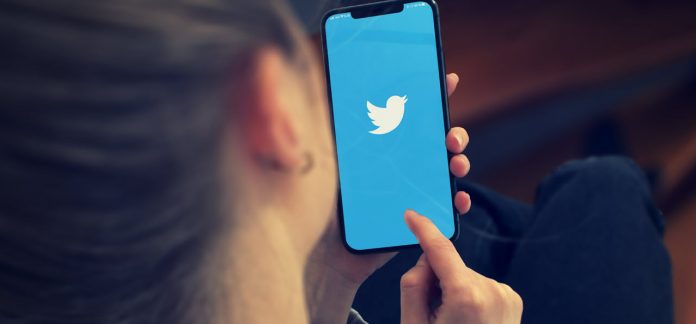Twitter is currently working on new privacy-related features to give users “more comfort” with interacting online. The features will give users greater control over their follower lists as well as more “social privacy.” The Big Tech platform will start taking aim at cancel culture and give users more control over managing their identities and reputations online. This includes more control over information like a person’s list of followers, liked tweets, and whether their accounts are public or private. The platform has even talked about being able to hide past tweets.
According to Bloomberg reports, Twitter is considering the feature to archive old tweets so that they are no longer visible to others after a specific amount of time. This feature has been widely popularized and talked about, especially for those who don’t want their posts to exist online forever.
Twitter is also considering the possibilities of blocking someone, archiving tweets, hiding or deleting old tweets, and leaving conversations. It will allow a person to remove themselves from any public conversation or debate online.
Twitter would let users hide posts after 30, 60, and 90 days, or hiding the tweets after a full year. The company states that it would be “healthier” for the social network in the long run since they’ve seen people being called out for things they posted over a decade ago.
Twitter staff researcher Svetlana Pimkina said that “cancel culture” has played a large role in social media engagement today and that many Big Tech companies have become increasingly worried about it. Pimkina explained that when social privacy needs are not met, people limit their self-expression and withdraw from the conversation.
Pimkina went on to explain how many people do not even know if their account is publicly visible or not, which leads some to engage less on the platforms. She said people were worried about what others “can or can’t see about them.”
Social media platforms have not addressed the concerns of cancel culture on their platforms, although companies and brands across the country became increasingly aware of the mob. While some have refused to bow down to the cries of cancel culture, others have tweaked products and abandoned brand names entirely over the ordeal.
Dr. Seuss has ditched six “racially insensitive” books, Mr. Potato Head has rebranded itself as Potato Head, and Aunt Jemima maple syrup is now known as Pearl Milling Company. They replaced the image of Aunt Jemima, saying her character’s origins were based on a “racial stereotype.” Disney has also made adjustments to several of its park rides.
On top of that, cancel culture has made its way into sports. Teams are renaming themselves, including the Washington Redskins. They are now known as the Washington Football Team and have yet to announce a new mascot.
Celebrities are also being dragged through cancel culture, with users bringing up tweets or things they posted online over a decade ago as a way to call them out for being “racist” or sexist.” Most influential figures have become so ‘woke’ and walking on eggshells just to save their reputation and career from the viciousness of the online cancel culture.
Twitter said they would start trying out some of these privacy features this month to upgrade and enhance the users’ social privacy.
Former President Donald Trump recently announced a lawsuit against Twitter, Google, and Facebook over his own bans. He has also argued that online platforms are attempting to censor Americans. The new privacy move is either a step in the right direction (and in fear of Trump’s suit) or another way to restrict Americans while calling out the ones they want. The issues will come down to the Supreme Court. They’ll make the big decisions.




